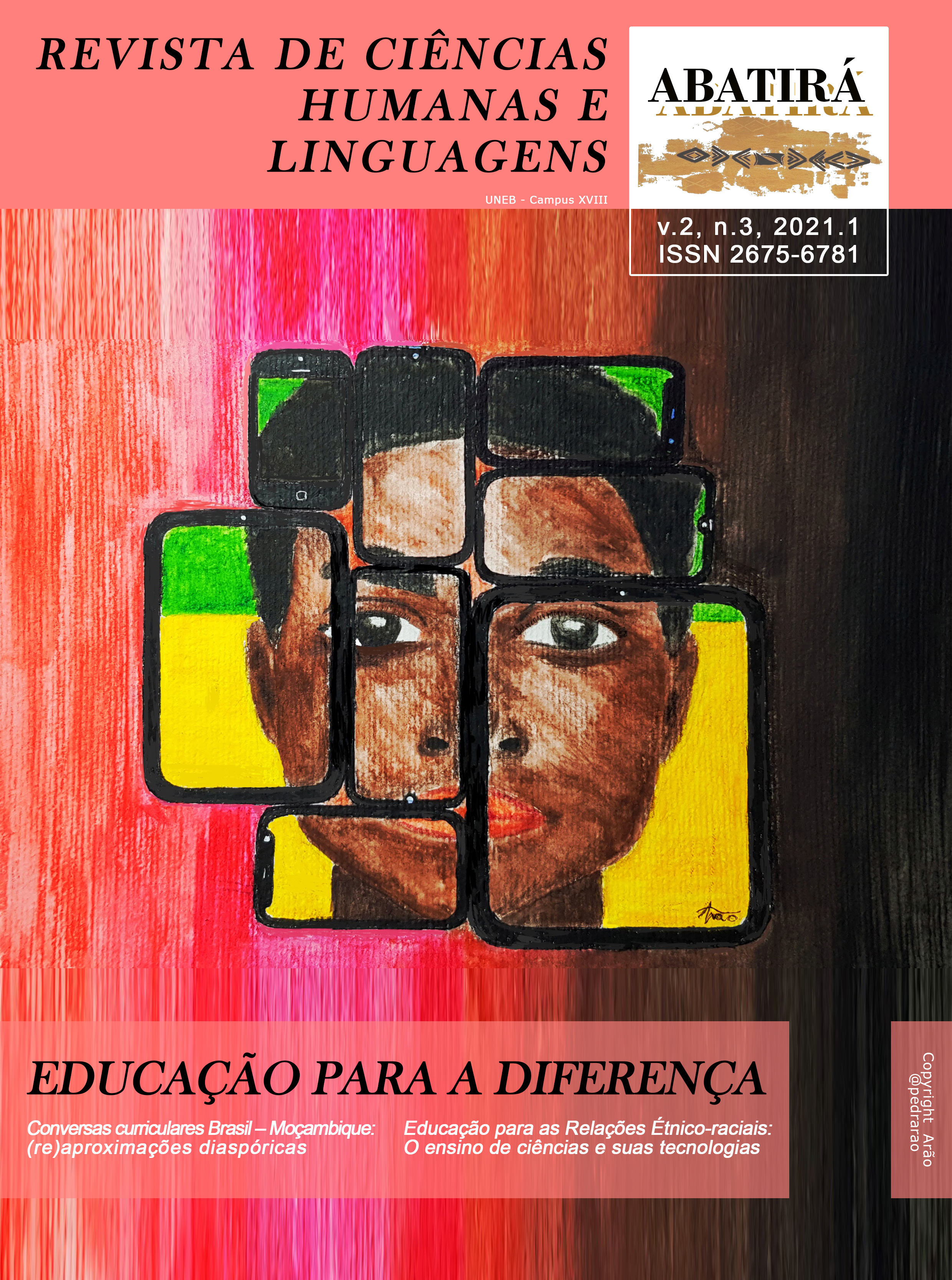Policies in Mozambique
The curriculum in schools in rural regions and the promotion of the girl
Abstract
The study is part of the problematic of Mozambican educational policies, which have been influenced by international policies. These policies pursue social justice through gender equality education. Based on the Policy Cycle approach, proposed by Stephen Ball, the research seeks to understand the consequences of policies for the promotion of girls in Zambézia province, mainly seeking to understand how education professionals in the context of practice articulate the culturally constructed discourses about the women with the speeches of government policies, tending to the promotion of girls through education. To substantiate my intention, I analyze the processes that occur in the negotiation and interpretation of educational policies with local discourses, as well as the different elements that influence the recontextualization of these policies in the contexts studied. In this order of ideas, I use a descriptive and ethnographic approach to illustrate the sociocultural, political and economic characteristics of each context, as well as analyze, through semi-structured interviews, the speeches of teachers, students from the districts under study. The research took place in the province of Zambézia, in schools in the districts of Gurué, specifically in the locality of Tetete, in EP1 in Nossa Senhora do Monte – Niusse and in EPC Eduardo Mondlane in Ruace. Based on the analyses, I conclude that the formulation of educational policies, which promote the inclusion of those previously excluded, produce adversity to what they propose.
Keywords: Curriculum policies; Inclusion; Difference; Promotion of the girl; Policy Cycle.
Downloads
Downloads
Published
How to Cite
Issue
Section
License

Este trabalho está licenciado sob uma licença Creative Commons Attribution 4.0 International License.Você é livre para:
Compartilhar - copia e redistribui o material em qualquer meio ou formato; Adapte - remixe, transforme e construa a partir do material para qualquer propósito, mesmo comercialmente. Esta licença é aceitável para Obras Culturais Livres. O licenciante não pode revogar essas liberdades, desde que você siga os termos da licença.
Sob os seguintes termos:
Atribuição - você deve dar o crédito apropriado, fornecer um link para a licença e indicar se alguma alteração foi feita. Você pode fazer isso de qualquer maneira razoável, mas não de uma forma que sugira que você ou seu uso seja aprovado pelo licenciante.
Não há restrições adicionais - Você não pode aplicar termos legais ou medidas tecnológicas que restrinjam legalmente outros para fazer qualquer uso permitido pela licença.





